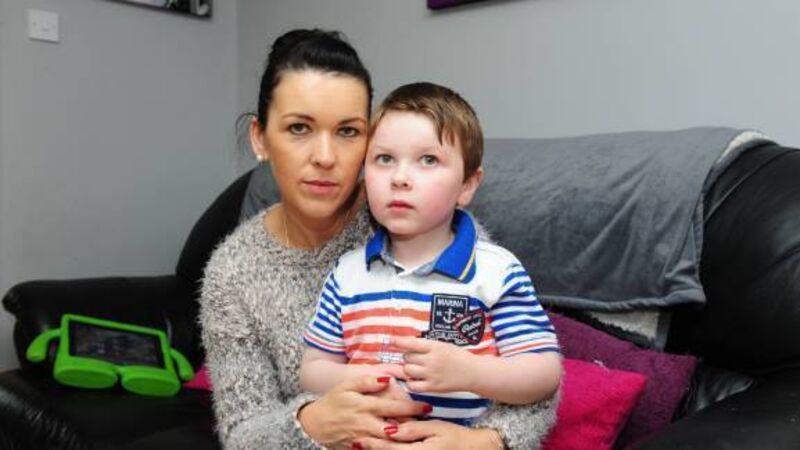Country’s speech and language services chronically under-resourced and "cannot cope with demand" — report

The findings are included in a working paper on speech and language therapy to be published today and indicate a system that “cannot cope with demand”.
The paper found access to speech and language therapy was effectively a post code lottery, with places such as Wexford and Donegal less likely to have quick access to services than children in areas such as Cork South Lee and Wicklow.













